Meet the new faculty in the School of Pharmacy and Health Sciences
Give a warm welcome to the new faculty in the School of Pharmacy and Health Sciences!
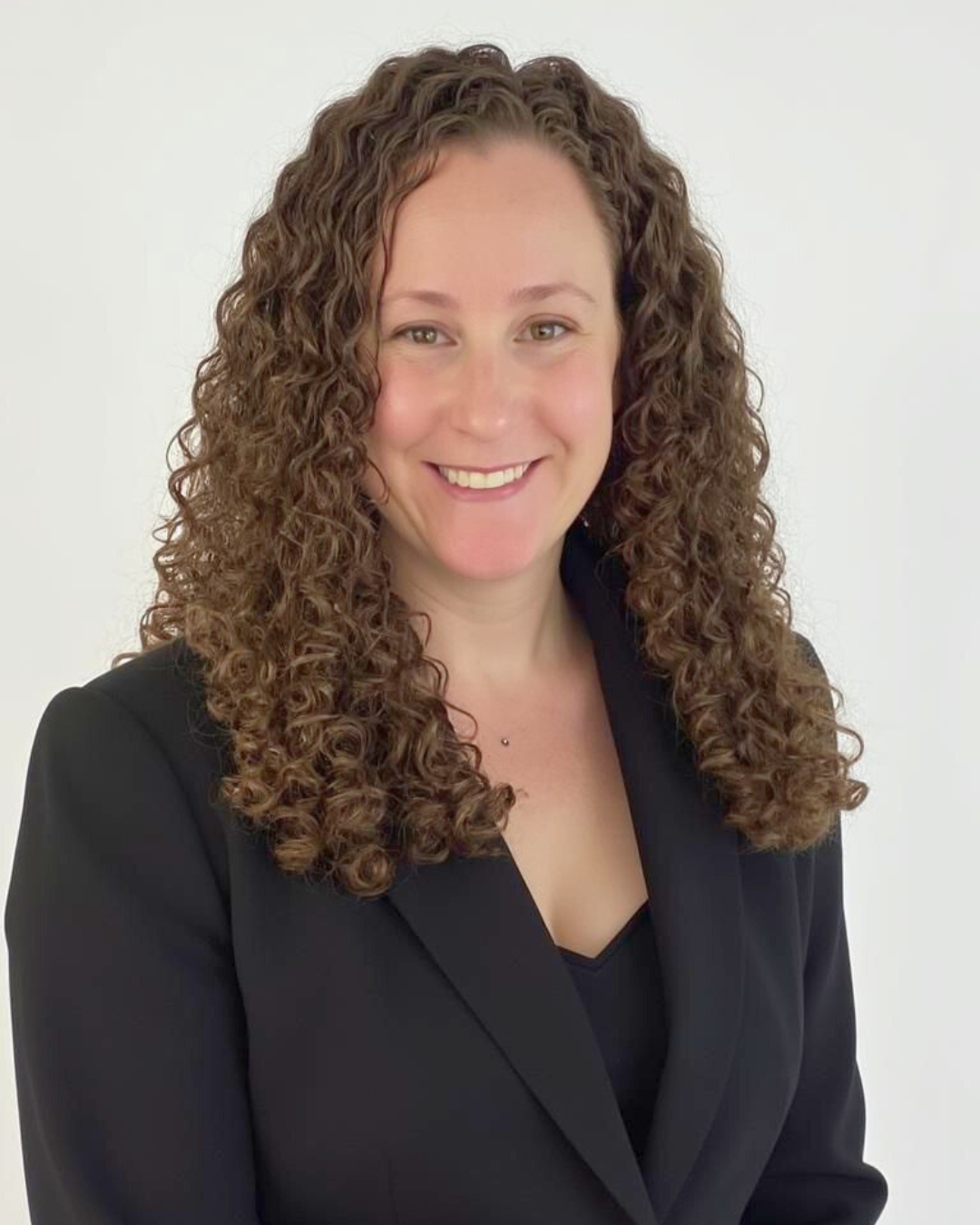
FDU: What drew you to the field of occupational therapy?
Ilana Beitscher: In occupational therapy, clinicians help clients live their most meaningful, highest quality of life. For me, it was the unique combination of science, creativity, and the opportunity to really get to know my clients and to work together on what is most important to them. The ability to approach everyone as their own person and to form therapeutic relationships is what stood out to me.
FDU: What is your favorite childhood memory?
IB: Long days spent on a soccer field with some of my best friends! I grew up playing soccer from an early age, and most weekends were spent playing games or at tournaments. My family was always there to support me, and I made lifelong friends and memories through my team. The lessons I learned through being a team player, in terms of friendship, collaboration, time management, competition, dealing with losses, and so much more are lessons still with me today!
FDU: What brought you to FDU?
IB: Upon hearing about FDU’s occupational therapy program, I was so excited to learn more. When I spoke to individuals from the School of Pharmacy and Health Sciences, I quickly learned how valued interdisciplinary collaboration and teamwork are to FDU. Having been part of a team (sports or interdisciplinary) for my whole life, this was of vital importance to me. It was this dedication to collaboration, support, and focus on advancing the programs that made FDU stand out to me. This collaboration and interprofessional drive are not something seen in all settings, and I can truly say it is a focus and a successful component of FDU!
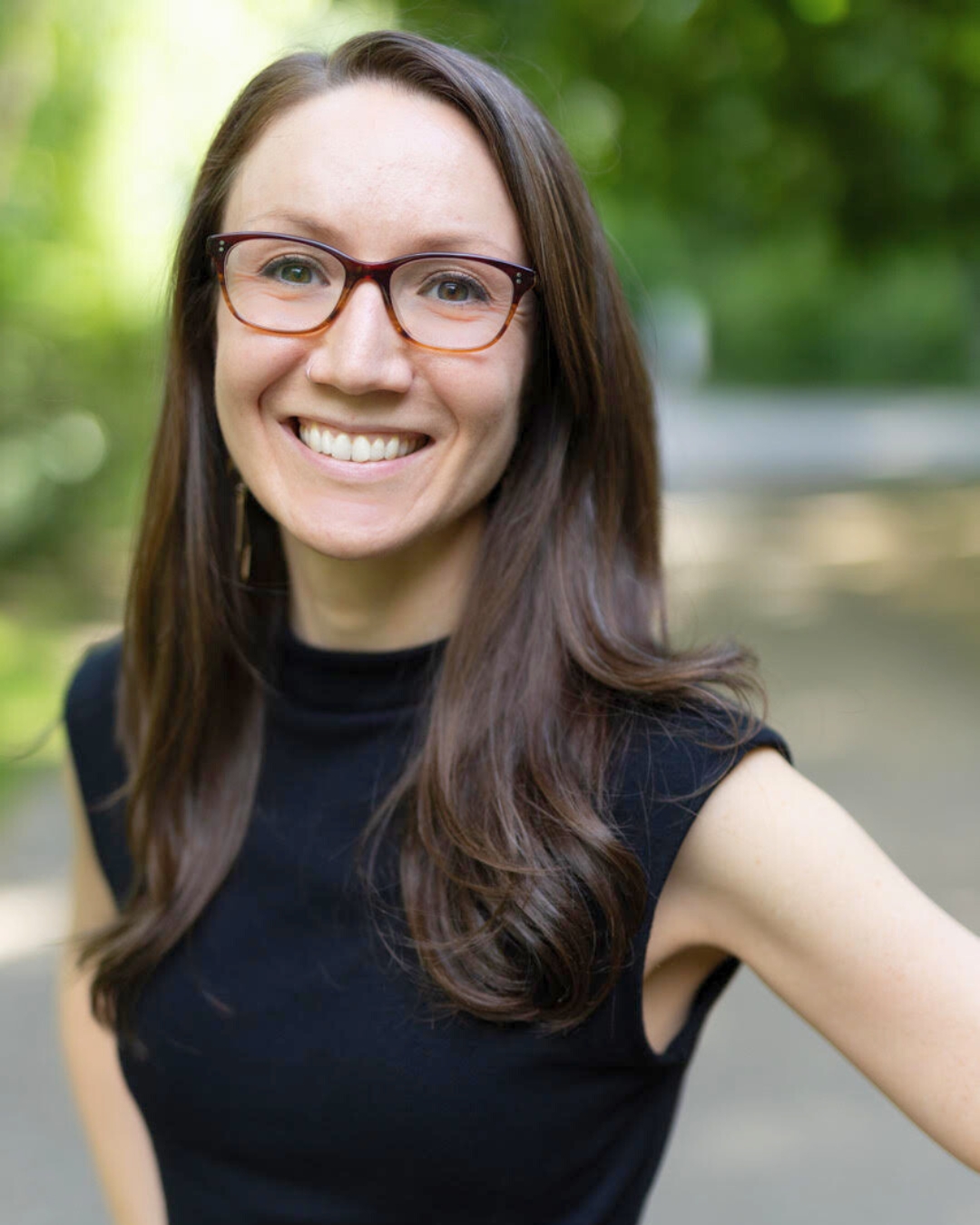
FDU: What drew you to public health?
Allison Buckingham: My background is in nutrition, and I became interested in how systemic factors shape individual behaviors. This led me to focus on breastfeeding and lactation as a key early nutrition intervention with lifelong health impacts. Teaching in the MPH program at FDU allows me to contribute to this field not only through my research but also by educating and empowering the next generation of public health professionals to address increasingly complex issues.
FDU: What is your favorite film or television series, and why?
AB: The Up Series, a British documentary series that began in 1964 with ‘7 Up’. It begins by interviewing a group of 7-year-olds from a variety of backgrounds and locations across England. The series interviews those same subjects every 7 years thereafter. The most recent episode, 64 Up, came out in 2019 and unfortunately the series director recently passed away, making further installments unlikely. I love insight into what influences who we are and who we become, and following these subjects throughout the course of their lives makes for one of the most compelling documentaries ever made, in my opinion.
FDU: What brought you to FDU?
AB: The student-centered approach of FDU was very appealing to me. That is how I teach, and I am happy to have found a university with values that align with my own.
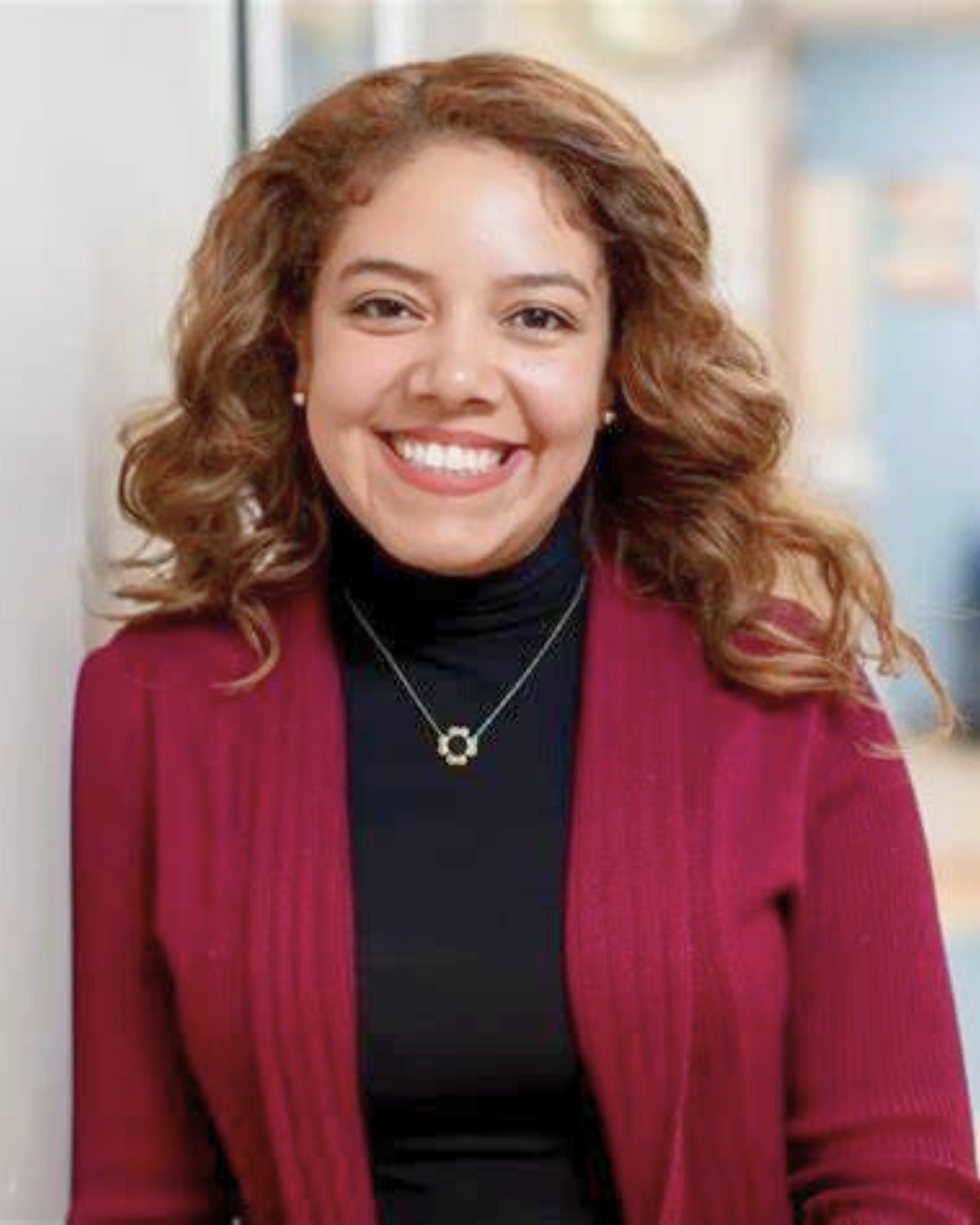
FDU: What’s the best advice anyone has ever given you?
Krissia Melgar: My parents always advised me to find the positive in every situation, no matter how challenging. This has been the best advice as it has shaped my perspective and taught me to see failure as an essential part of growth, allowing me to view setbacks as valuable opportunities for learning. This mindset has empowered me to take risks and challenging roles in my career. Sometimes, I’ve felt underqualified for some tasks or positions I’ve had, but that pushed me to learn and adapt quickly. I now realize that stumbling is an opportunity to learn and improve. Failures often uncover areas for improvement, and by confronting them, I’ve developed resilience and the confidence to tackle future obstacles.
FDU: What is the best dish you can cook?
KM: I’m not the best cook, but I really enjoy baking! I love that it’s more scientific and precise, requiring exact measurements. My best bake is an apple bundt cake that I make around the holidays.
FDU: What brought you to FDU?
KM: I was attracted to FDU mainly because of its commitment to diversity and inclusivity in higher education. As a minority and a first-generation college graduate, I deeply relate to our students who are navigating this important journey. I am passionate about mentoring and supporting these students, as I understand the unique challenges they face. FDU’s dedication to empowering all students, especially those from underrepresented backgrounds, aligns perfectly with my values as an educator.
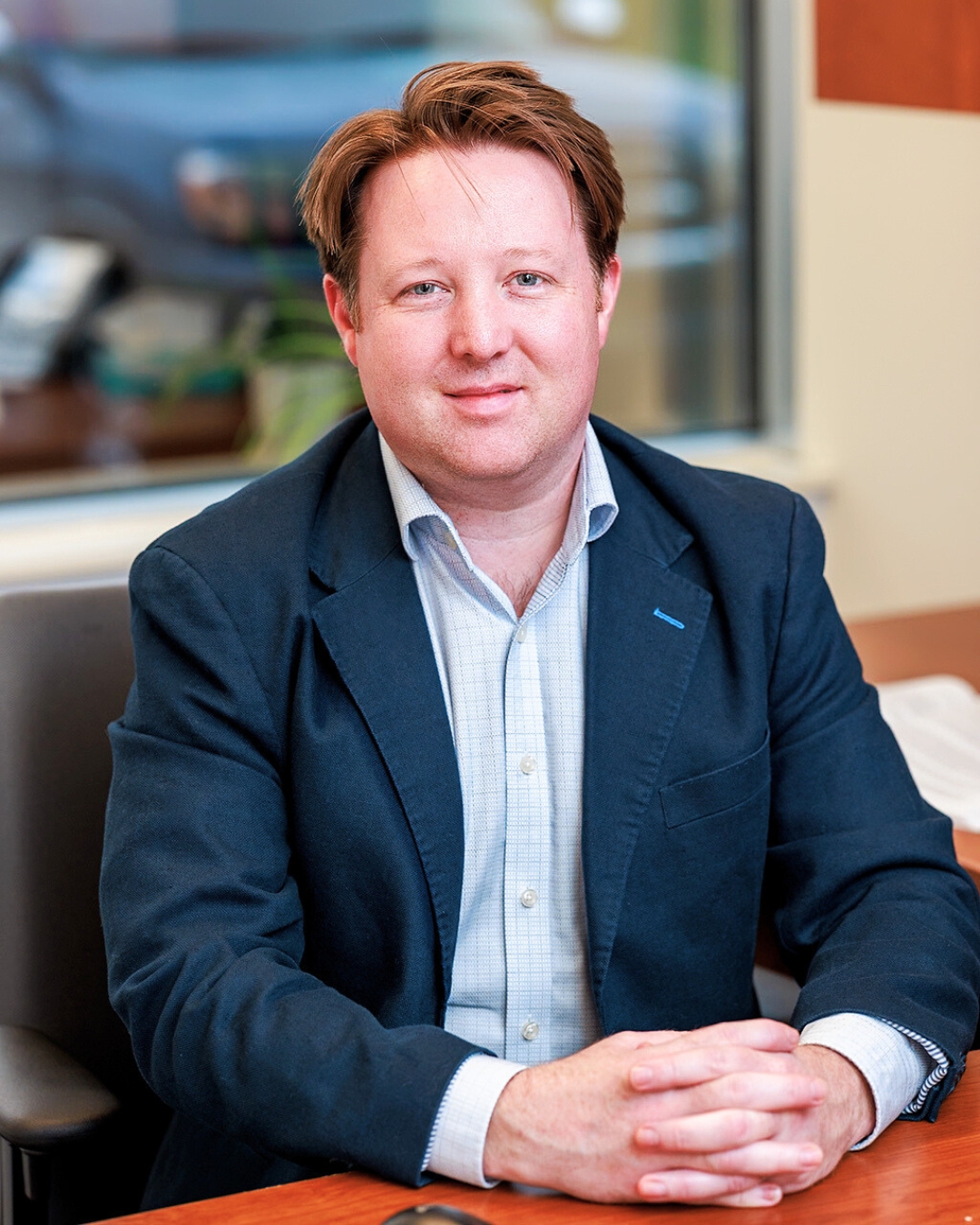
FDU: Who inspires you and why?
Michael Murphy: I’m inspired by a lot of people. My parents, my kids, great teachers I’ve had over the years. In terms of more well-known people (sort of) I would probably go for Rudolf Virchow. I was going over his biography a little for one of my classes I was teaching and I think the way he brought medicine, politics and anthropology together was really cool. I like the idea that medicine benefits from expanding its scope into new areas.
FDU: What do you like to do in your free time — like hobbies or other activities?
MM: Watch soccer. Mostly Celtic FC, the team I grew up supporting in Scotland. Drinking craft beers. Eating good pizza. I bake bread in the colder months. I like to listen to podcasts and audiobooks about history, psychology and philosophy. I spend a lot of time finding new music to listen to and, when I can, I like to go to concerts and comedy shows.
FDU: What brought you to FDU?
MM: I had always thought about teaching. On my first day of PA school, the faculty introduced themselves and I just instantly realized that this is something I wanted to do someday. I was at the point where I felt that I could feel good about the impact my clinical career had made and had been adjuncting a little to test the waters. I discovered that I really did like teaching as much as I thought I would. One of my adjunct colleagues was working here and I asked her for advice about going into teaching full time. A week later I was here meeting everybody and I knew that FDU was somewhere I wanted to be. I feel so lucky to have this job and to work with such great people.
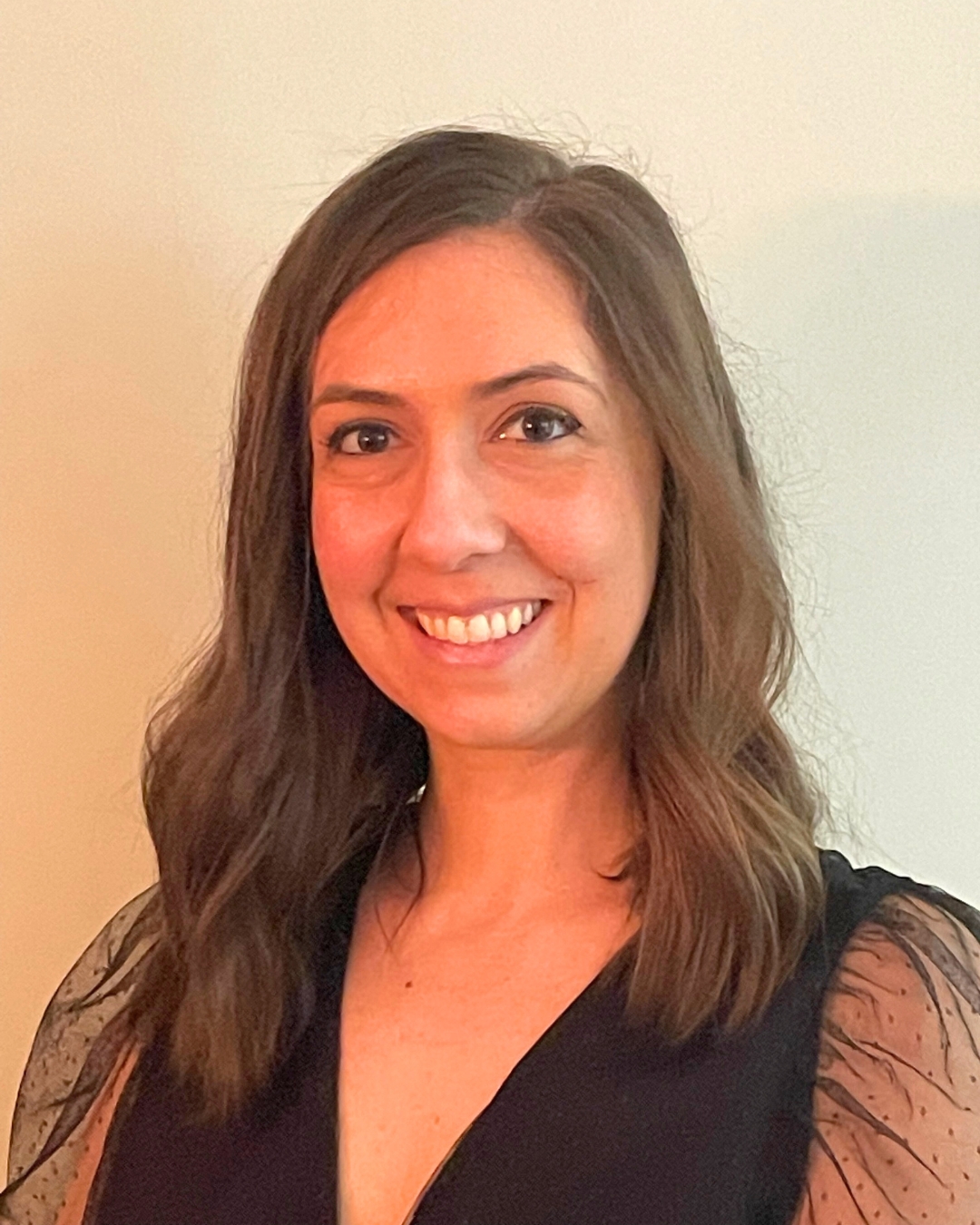
FDU: What do you see as the most pressing issue facing our world today?
Dina Prisco: There are plenty of things challenging our world these days. For me, being a mom, a pediatric occupational therapist, and now working in higher education, I would say that one of the biggest challenges is adapting to our world of constant virtual connectivity and instantaneous information. There is great importance in balancing the benefits of those gifts with the irreplaceability of human connection and hands-on activity. There are incredible benefits and advantages to be gained from technology. But I think that, sometimes, it is important to put our devices away and to talk to and listen to each other. I think humans can find so many commonalities when we are simply present with one another; it can be easy to forget about our shared principles with technology between us.
FDU: If you could travel anywhere in the world, where would you go and why?
DP: Since my daughter Emily (now six years old) was first able to speak, she has been asking to go to Paris to see the Eiffel Tower. I’m not exactly sure why… maybe she just loved the book Madeline. But it’s become a promise that I’ve made to her, and something that I can’t wait to do with my whole family. While I love vacationing and traveling, my house is the one destination I will always love the most and I try to focus on my intense gratitude for that, each day. I echo Dorothy’s sentiment that “there’s no place like home,” and believe that each person deserves to have one that brings them comfort and security.
FDU: What brought you to FDU?
DP: The beautiful campus was one glaring draw. The School of Pharmacy and Health Sciences’ focus on interdisciplinary collaboration caught my attention, too. FDU has a strong reputation and is a local mainstay in higher ed. But I have to say that, throughout the interview process and the first few months of settling in, the most special thing about FDU is the inclusive and innovative culture I have found here, staring with administration, and trickling organically down to faculty, staff, and students. I feel encouraged to have big, bold ideas and to chase them. More importantly, maybe, I feel safe to express myself openly and to make mistakes. There aren’t many places, especially in higher education, that facilitate such open-minded freedom for its community stakeholders. I am grateful for this environment and am eager to harness it to foster unique learning opportunities for occupational therapy students.
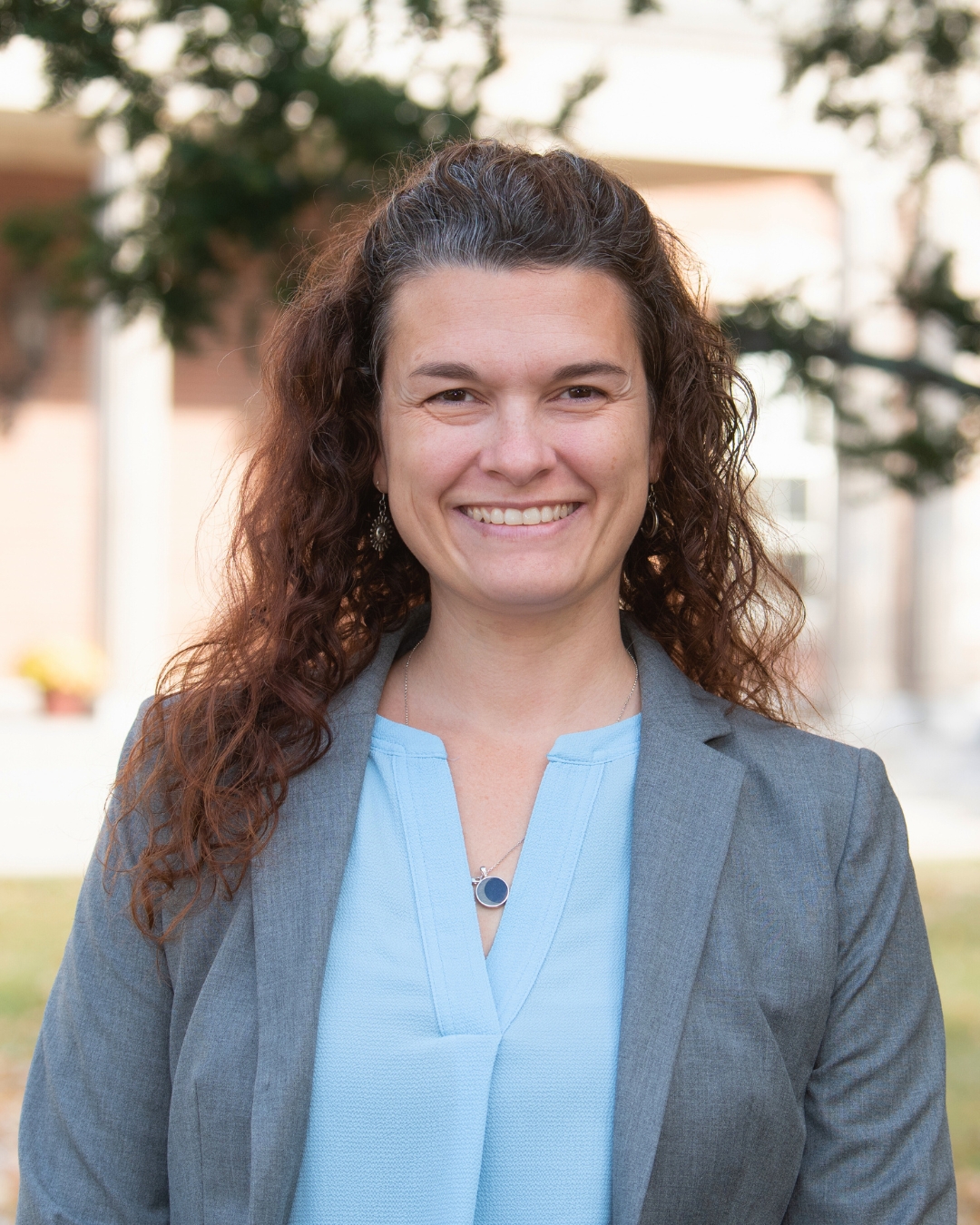
FDU: How do you define success?
Nicole Spaldo: For me, success is resting your head on the pillow at night knowing you did right by yourself and others. Success is not measured in a quantifiable manner, but rather in the influence you have on the world around you.
FDU: What do you consider to be the highlight of your last year?
NS: Working with the students and watching their progress, specifically in our introductory course, has been the highlight of the last year. Bearing witness to the shift in their thinking and understanding of the profession I value so much was truly memorable.
FDU: What brought you to FDU?
NS: I have always believed that teaching future occupational therapists would be the most influential way to impact our profession. My aunt was a long-time faculty member of FDU and when a position presented itself, I eagerly applied.